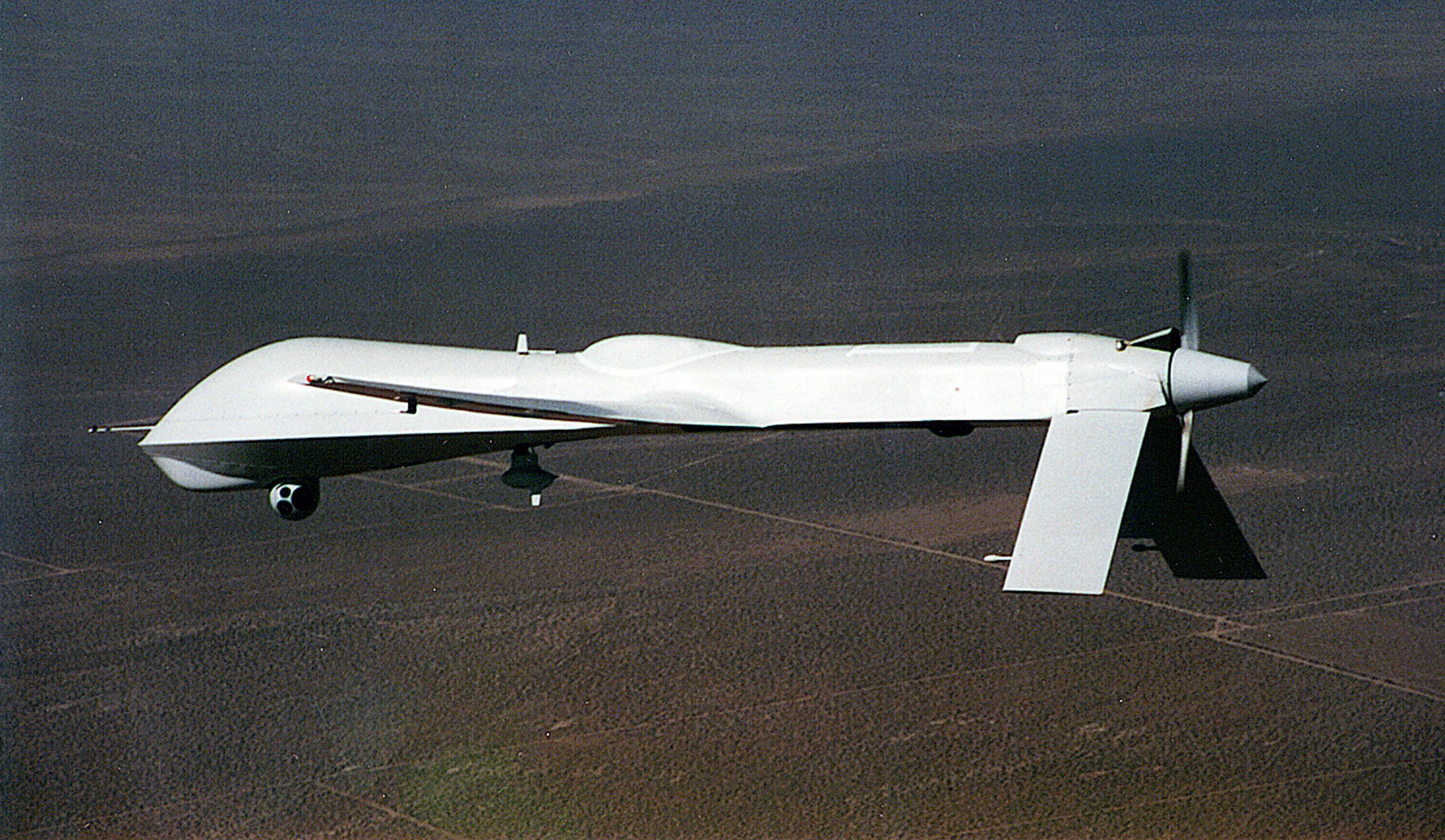“U.S. officials” have told Kimberly Dozier of the Associated Press that the Obama administration is wrestling with a decision over whether to kill a U.S. citizen who is a member of al-Qaida and is reportedly actively planning attacks against U.S. citizens abroad.
The individual is apparently in a country that refuses U.S. military action on its soil. Things have been further complicated in this case by the fact that under the new U.S. drone policy announced last year, terrorist suspects overseas can only be killed by the military rather than the CIA., but the Pentagon is apparently not sure whether killing him is worth it:
Two of the officials described the man as an al-Qaida facilitator who has been directly responsible for deadly attacks against U.S. citizens overseas and who continues to plan attacks against them that would use improvised explosive devices.
But one U.S. official said the Defense Department was divided over whether the man is dangerous enough to merit the potential domestic fallout of killing an American without charging him with a crime or trying him, and the potential international fallout of such an operation in a country that has been resistant to U.S. action.
Dozier writes that the Justice Department is “working to build a case for the president to review and decide the man’s fate.” The case is reminiscent of that of Anwar al-Awlaki, the New Mexico-born al-Qaida cleric who was killed by a U.S. drone strike in Yemen in 2009. The legal procedure in this case is apparently the same as the one used to decide to kill Awlaki, which will not exactly placate critics who have held up the extrajudicial killing of a U.S. citizen as proof that the U.S. drone program is essentially lawless.
President Obama justified the Awlaki strike in a speech last May:
For the record, I do not believe it would be constitutional for the government to target and kill any U.S. citizen — with a drone, or with a shotgun — without due process, nor should any President deploy armed drones over U.S. soil.
But when a U.S. citizen goes abroad to wage war against America and is actively plotting to kill U.S. citizens, and when neither the United States, nor our partners are in a position to capture him before he carries out a plot, his citizenship should no more serve as a shield than a sniper shooting down on an innocent crowd should be protected from a SWAT team.
That’s who Anwar Awlaki was — he was continuously trying to kill people. He helped oversee the 2010 plot to detonate explosive devices on two U.S.-bound cargo planes. He was involved in planning to blow up an airliner in 2009. When Farouk Abdulmutallab — the Christmas Day bomber — went to Yemen in 2009, Awlaki hosted him, approved his suicide operation, helped him tape a martyrdom video to be shown after the attack, and his last instructions were to blow up the airplane when it was over American soil. I would have detained and prosecuted Awlaki if we captured him before he carried out a plot, but we couldn’t. And as President, I would have been derelict in my duty had I not authorized the strike that took him out.
Of course, what’s particularly odd about this case is that it’s being publicly discussed now. I can’t recall another case of the public being informed of a possible drone strike in advance, even with the specific name and country kept confidential. Any al-Qaida members with U.S. passports—who frankly probably assumed they were already on the target list—are probably hunkering down now.
Will this affect public opinion about the strike? Americans are generally supportive of the U.S. drone policy, though far more uneasy about the idea of targeting U.S. citizens. I’m guessing that many of the 52 percent who oppose such strikes in general might feel differently when told that the person in question is “actively planning attacks.”
On the other hand, the fact that even a number of Pentagon officials aren’t convinced that this guy is dangerous enough to warrant a strike is not exactly reassuring.
